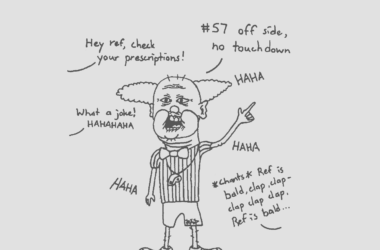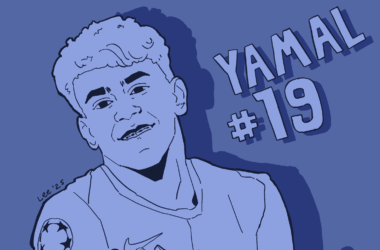 readingrevels.com
readingrevels.com
Inheritance is about dragons, their riders, an elf princess, and an evil, all-powerful king. But at its core, the last novel in Christopher Paolini’s Inheritance Cycle is a coming-of-age novel. Throughout his adventures, the main character, Eragon, undergoes drastic change, which coincides with the growth and improvement of Paolini as a writer. Inheritance is a vast improvement over the third book in the series, Brisingr, which suffered from a stark lack of action, over-writing, and heavy-handed morals. The fourth and final book is anything but—violent and explosive, but subtle and thoughtful. Inheritance is an excellent ending to Eragon’s story; the fulfilment of three books’ worth of hopes and prophecies.
The Inheritance Cycle begins with a poor farm boy, Eragon, chancing upon a brilliant blue stone in the woods. The stone turns out to be a dragon egg, and Eragon becomes the first Dragon Rider in almost 100 years. His world, Alagaësia, was once the domain of Dragon Riders, but now endures the will of Galbatorix—a Rider who killed his own dragon. In his quest to restore order, Eragon learns sword fighting and magic, as his dragon Saphira learns to fly and fight with tooth and claw. The two join the Varden, a rebel group comprised of humans, dwarves, and elves each bent on destroying Galbatorix.
Inheritance details Eragon’s final stretch to dethroning the cruel king. It won’t be easy. The Varden has to capture fortresses along the way, and press on despite the kidnapping and torture of its leader. Eragon faces not one, but two powerful enemies. He must somehow defeat his half-brother Murtagh, also a Dragon Rider, who swore an unbreakable oath to Galbatorix. If our hero or his friends fail, they lose Alagaësia forever.
One of the dichotomies Inheritance wrestles with is the mundane and unbelievable aspects of war. Either way, Paolini is determined to tell battle stories that don’t hinge on brute force alone. We read about the strategies, politics, and diplomacy of war, which lend the fantasy some reality. Conversely, creative invasions, daring escapes, and mythical power sources are thrilling, but often seem to rely on deus ex machina. There can only be so many miracles. Still, the plot is inventive, being more about cunning than steel clashing.
The king Galbatorix is not an ordinary villain. Unlike comparable villains, Galbatorix has been keeping himself hidden for three books, sending nightmarish creatures to do his bidding. And when at last we meet him, he is not the mad king everyone perceived him to be. Galbatorix is not deranged, but rather suave, and convinced that his rule is just. After all, his tenure has been an age of peace. With the king, Paolini asks intriguing questions: is totalitarianism ever a viable option? And are bloody revolutions worth introducing violence into a world long free of it? Galbatorix poses such conundrums to Eragon and his allies as he invokes the title of the book. He offers them their due inheritance: riches, titles, and power in exchange for eternal servitude.
These tantalizing words, along with Galbatorix’s overwhelming command of magic, mean that defeating him will be near impossible. Eragon only stands a chance once he has discovered his “true name,” a phrase that encapsulates his being and unlocks his potential. Once Eragon accomplishes this difficult task, his friends remark that he is changed. He is more sure of himself, more eloquent. Eragon is proud.
In this way, Paolini is just like his protagonist. Inheritance is flawed, yes, but there is much to admire about it. The novel oozes with the confidence of a writer who finally understands what he wants to say—that he’s nowhere near done writing. Readers can look forward to more from a writer who has uncovered his own true name.







